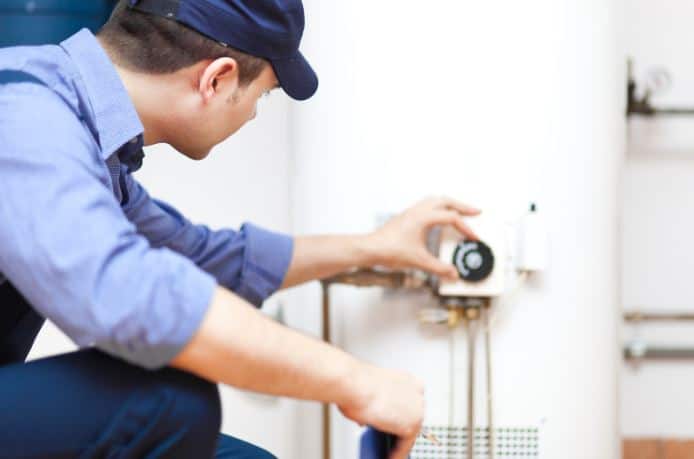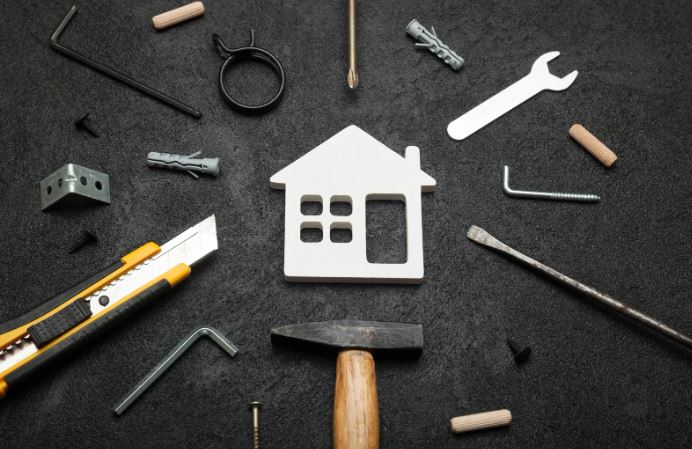Forthcoming changes from 1 March 2024
Earlier this year, the Scottish Government published updated guidance on the Repairing Standard. Such guidance covers existing elements of the Repairing Standard (‘RS’) and new elements which will be enforceable from 1st March 2024.
Section 13(7) of the Housing (Scotland) Act 2006 places a duty on private landlords to have regard to this guidance.
With less than six months to go before these changes take effect, all private landlords and letting agents should familiarise themselves with the guidance to ensure their properties meet the RS by that date.
The changes – which are largely amendments to existing duties – can be summarised as follows:
- Kitchens: requirement to have safely accessible food storage and food preparation space.
- Fixed Heating System: there must be a fixed heating system.

- Water Supply: private rented houses should be free of lead pipes and lead lined storage tanks or fittings from the boundary stopcock to the kitchen tap, and that if this cannot be confirmed, a water quality test must be carried out.
- Safe Access to Common Parts: where a private rented house is a flat in a tenement, the tenant must be able to safely access and use any common parts, for example, a common close or bin store.
- Common Doors: common doors must be secure and fitted with satisfactory emergency exit locks which must allow users to open them from the inside without a key so that they do not inhibit exit in the event of a fire.
- Residual Current Devices: a residual current device (a device to reduce the risk of electrocution and fire by breaking the circuit in the event of a fault) must be fitted to the consumer unit (fuse box).
- Other Fuels: The existing duty to ensure that installations for the supply of gas and electricity are in a reasonable state of repair and in proper working order will be extended to any other type of fuel.
Landlords should comply with what is set out in the guidance as the minimum necessary to demonstrate compliance with the Repairing Standard. If a landlord is unable to comply, they must be able to offer a satisfactory explanation why compliance cannot be achieved. Similarly, landlords prevented from complying due to lack of rights (for example, of access or consent from common owners) must be able to demonstrate having taken reasonable steps to acquire those rights.
For more information, contact our PRS team.












